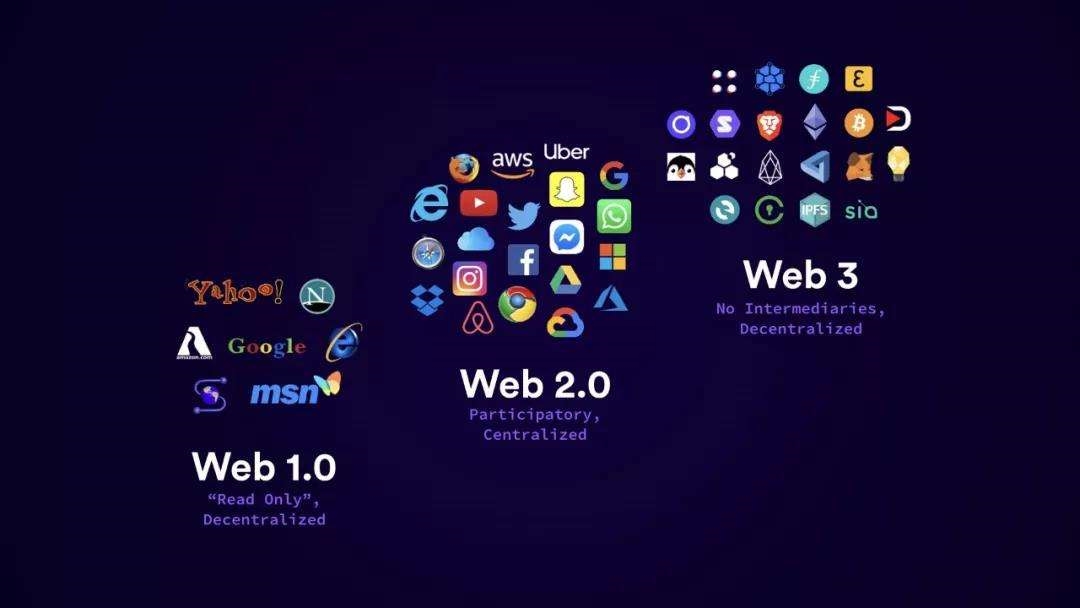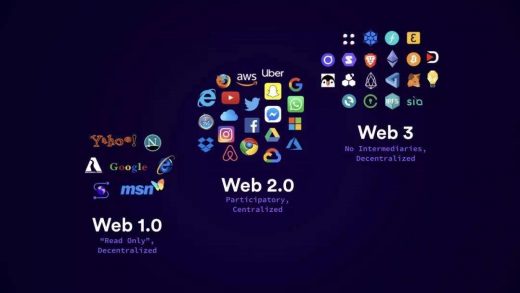Why Web3/Crypto Will Be Good For Open Ad Tech
Why Web3/Crypto Will Be Good For Open Ad Tech

That being said, I do believe we are at the very beginning of a new paradigm in the architecture and delivery of digital services that will eventually reshape the world of commerce and communication. Just as the early web enabled everybody to become a publisher or a merchant, and web2 brought us the acceleration and network effects of social interactions, web3 has the potential to fully decentralize all of our interactions, systems and assets.
The generations of the web brought the world market and life-changing services at a fraction of the cost of those they replaced. Think voice/text/video communication; online shopping with free shipping; free email, calendaring and document creation; and apps on smartphones that handle everything from financial transactions to travel ticketing to health care maintenance.
While the availability and robustness of these services are extraordinary, and getting better all the time, they didn’t really democratize markets the way many thought they would. In many ways, Amazon is just a better Walmart, Google a better Microsoft and AT&T, and Uber a better local taxi service. As much as the services have become more user-friendly, they haven’t really become truly user-controlled. Most importantly, they certainly haven’t become user-owned.
That’s the promise and potential of web3: decentralized systems powered by fully distributed, open databases. The early generation web businesses were powered by massive databases built on user interactions and transactions that get smarter and smarter as they get bigger and more utilized. The more people interact with these massive, centralized services, the more the relationship becomes unequal: the services are needed more and users become more locked-in.
What does this have to do with ad tech? Everything. The majority revenue and profit stream for most of these companies is — or will be — advertising. The ad businesses that these companies run are not open. They are not transparent. They are neither interoperable nor interchangeable. And they are taking bigger and bigger cuts of the brand and retail transactions that they claim to enable.
These big companies don’t need or want a world of open ad tech. They build, buy and control their own advertising technology. They don’t win with open standards. They win with their own standards.
Crypto-powered advertising systems will, by definition, operate on open standards. They will be not just user-centric, but user-defined and user-controlled. As they gain scale, their capabilities and user-centricity will leapfrog over centralized systems, which will eventually wither as their databases stop getting bigger and in fact get smaller.
I believe that advertising will be just as big a part of web3 as it has been in the early web generations, and that users and marketers will need access to technology and services to help them better interact. Web3 ad tech won’t be about building massive databases and squeezing out bigger and bigger margins from the advertising supply chain. And it certainly won’t be about who can pay other intermediaries the biggest fee.
Nope. Web3 will be good for open ad tech, but only for ad-tech solutions that are transparently and self-evidently good for users and advertisers, not just good for the data harvesters.
(33)


